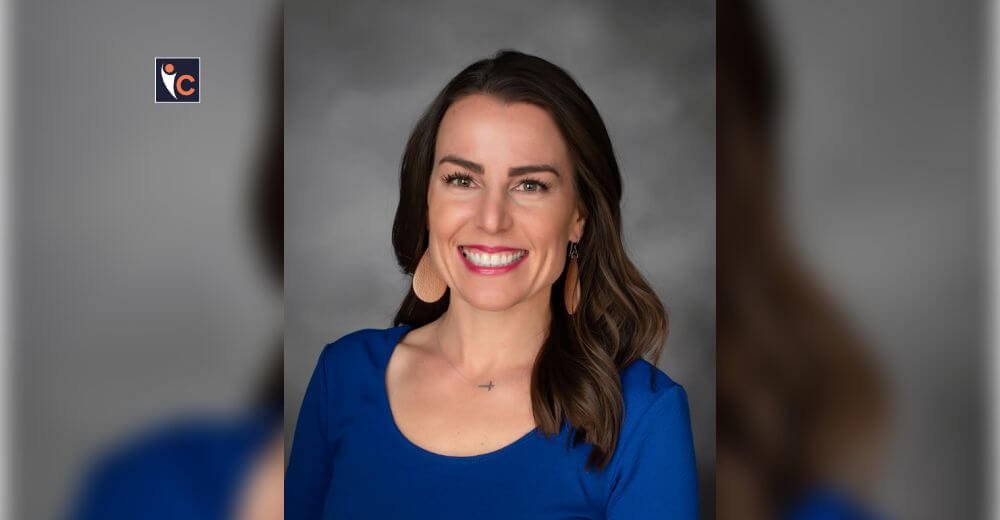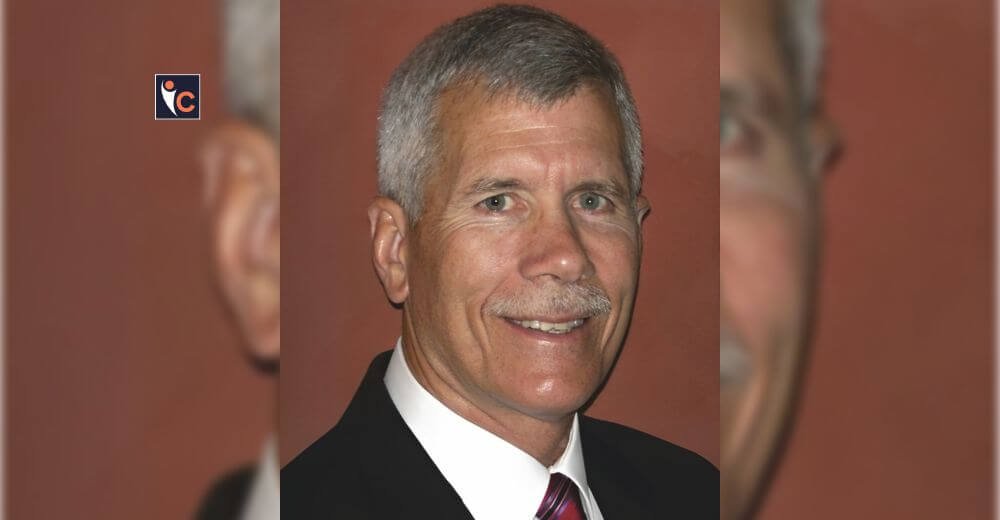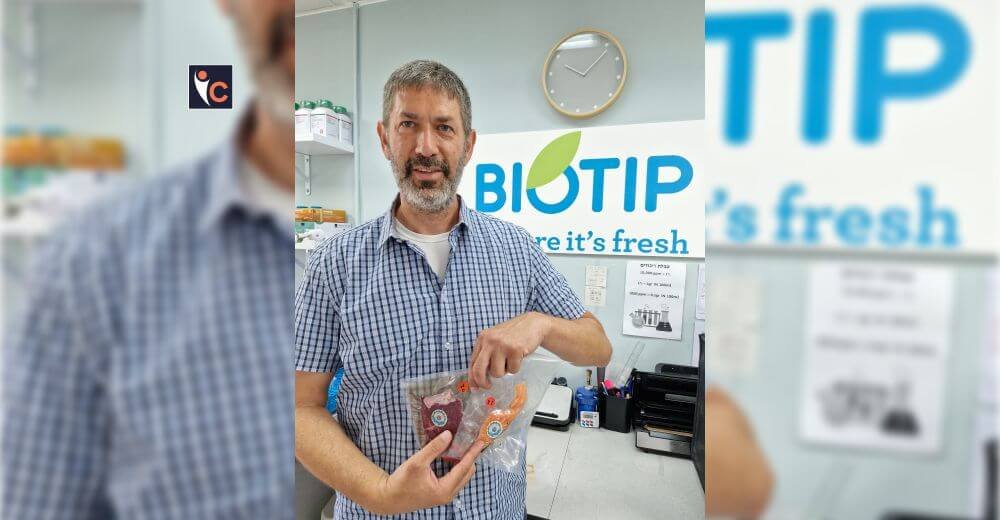Generally, those who suffer from respiratory disorders such as asthma or COPD (Chronic Obstructive Pulmonary Disease) experience difficulties in their day-to-day lives. These conditions require ongoing oversight by doctors. To better understand and treat the individual, doctors use symptomatology to guide them. The challenge for doctors is that they don’t observe a patient’s symptoms first-hand and therefore rely on their patient’s memory of symptoms. Very few patients take detailed records of their symptoms over time and often they struggle to relate these adequately to doctors, yet this is the very information doctors require. In the current system of care, patients often lack the support they need to take greater control of their health in partnership with their doctors.
Imagine how different this scenario would be if the doctors had objective measurements of their patient’s symptoms collected on an ongoing basis to paint a longitudinal view of how these symptoms are affecting them on an ongoing basis. Their approach to treatment would be more effective, and improvement to the patient’s health could be tracked with ease.
Marjan Mikel, the CEO and MD addresses this need for improved management of respiratory disorders. Thus, by leading Respiri Limited, an Australian SaaS company that provides eHealth solutions—he not only eliminated the gap between Patient-Doctor interaction but has also optimised the management and treatment of respiratory disorders.
In an interview with Insights Care, Marjan Mikel shares his drive and operational insights in coming up with eHealth Solutions for respiratory conditions, especially in the U.S. healthcare market.
Below are the highlights of the interview
Please brief our audience about Respiri Limited. Kindly tell us the source of inspiration for venturing into the Healthcare Sector.
At Respiri, we are all driven by the purpose of finding innovative solutions for the hundreds of millions of patients globally experiencing medical misadventures due to a disconnect between patients and their treating doctors. Monitoring of patients while in the community is almost non-existent as there hasn’t been a scalable, clinically meaningful, and patient-first solution available until now.
At Respiri, wheezo®, our FDA-cleared Class II Medical Device—for the first time provides Healthcare Providers in the US and broader—the ability to stay connected with their patients and assess disease control via the detection and review of wheeze—an evidenced and important physiological parameter.
Patients living with respiratory disease experience ongoing symptoms, be it a cough caused by frosty air or tightness of the chest due to environmental factors. These symptoms, along with the presence of or increases in wheeze can be pre-cursors to more serious events, such as exacerbations, which can cause emergency visits and possibly hospitalisations. These symptoms occur while patients are going about their day-to-day lives and not when seeing their doctor in the clinic.
As such, doctors don’t have the visibility of a pattern in worsening symptoms. When they speak to patients, doctors can only rely on their patients’ memory of symptoms, resulting in subjective feedback on key measures and making it difficult for doctors to make objective clinical decisions.
At Respiri, we believe that we have delivered a scalable solution that allows doctors to not only stay connected with their patients but also provide health data that for the first
time gives them objective, longitudinal information to assess against. Our solution also empowers patients to take their health into their own hands, using the wheezo® device, along with the respiriTM application, to better manage their condition in partnership with their doctor like never before.
Brief us about yourself and shed some light on your journey as the guiding light of Respiri Limited.
I have been lucky enough to be involved in helping better human lives for 35 years. I started my career in big Pharma with Merck & Co. and Pharmacia, where I held a number of commercial and general management roles. This is where I learned my trade.
Since then, I have been involved in start-up data/consulting organisations and was part of the team that started Healthy Sleep Solutions (HSS), a company that specialised in ambulatory diagnostic treatment and monitoring services for patients with Sleep Apnea.
HSS went on to become Australia’s market leader and was eventually bought by Air Liquide in 2013. I was approached about the Respiri role in 2019. After a review of the company and technology, I saw a very clear opportunity to make a material difference in the lives of patients with respiratory disorders. A large patient population of about 500 million people across the globe. This prospect excited me.
Can you elaborate upon the core values on which Respiri Limited is built and what is the mission of the organisation?
Put simply; we exist to support patients in managing their chronic conditions so that they may have a better quality of life. Because their respiratory illnesses have no cure, we see ourselves as a lifelong partner for our patients. It is an ever-evolving journey that begins with understanding their symptoms and extends to helping them learn to better self-manage in partnership with healthcare professionals. And by extension, we also provide tools, technology, and support to healthcare providers.
Our mission is to help improve the quality of life for hundreds of millions of children and adults around the
world and dramatically reduce hospital admissions and the economic burden of diseases like Asthma and COPD (Chronic Obstructive Pulmonary Disease).
What objective measures according to you, could be taken for better outcomes in treating respiratory disorders?
Treatment guidelines reinforce the importance of routine monitoring and follow-up with COPD patients. This is due to the potential for their lung function to worsen over time, even when the standard of care is high. Lung function tests, as reported by measuring the decline in FEV1 and tracked via Spirometry are the standard. However, this requires a trained physician to guide a patient in order to do this ‘routinely’ outside the clinic setting, which is challenging and impractical.
Furthermore, many elderly patients are not able to perform Spirometry. (It should be noted that COPD predominantly affects the aged). So, healthcare providers need an easy, practical solution. This is where wheeze detection plays a key role—identifying a potential decline in FEV1 that warrants further investigation by a healthcare practitioner. Several studies show that wheeze is associated with a reduction of FEV1, indicating that wheeze is indicative of impaired lung function. Wheeze detection using wheezo® is non-invasive and easy for patients to do at home.
Integrating wheeze detection into Remote Patient Monitoring means that the healthcare teams can detect wheeze remotely while patients are in the community and can act and intervene if the signs indicate that patients are deteriorating. (*FEV1 stands for Forced expiratory volume).
What technological support do you find to be essential in delivering cost-effective treatment for chronic respiratory disorders such as asthma and COPD?
The biggest costs associated with diseases like COPD, outside the individual patient’s disease burden, are the economic and resource burdens on the healthcare systems. Even pre-COVID, these challenges were significant. But now, with the increasing pressure on staffing, we know healthcare systems around the globe are at a crisis point. The key to unlocking cost-effective treatment is reducing repeat emergency care and hospital admissions. Technology can support this by providing a continuous care model which can help identify patients before they need emergency treatment or hospital care.
Tell us about some of the research operations that you encourage at Respiri Limited to come up with respiratory solutions. How are these solutions helping patients in general?
One of the Respiri values is that we challenge ourselves to be innovative. That means looking for insights and exploring problems in both traditional as well as novel ways. Practically speaking, we work across the spectrum when it comes to research. In 2022, Respiri announced the £2 million National Institute of Health Research (NIHR) Funded UK paediatric asthma clinical trial awarded to King’s College, London.
However, in order to evolve our technology quickly, we also adopt an agile approach, testing in smaller environments where the feedback loop is faster. The asthma Telehealth/Remote Asthma Monitoring Program (RAMP) is an example of a more light-touch program allowing us to build learnings quickly.
It was developed together with respiratory specialist Dr Kevin Chan (a leading Respiratory Physician working at Campbelltown Hospital & Sydney Adventist Hospital, Wahroonga) with more than sixty patients and has been an important activity for the Company, helping us to develop the protocol and overall program design deliverables that align with what is considered best practice in the US market.
A Physician-led, in-community Nurse-supported program mirrors exactly what the Remote Patient Monitoring (RPM) CPT (Current Procedural Terminology) codes are designed to foster, seeking to improve health outcomes based on a similar program design.
What challenges do you face in the industry, and how are you turning them into opportunities for growth?
We see a clear need and willingness to implement Remote Patient Monitoring (RPM) solutions for patients from our numerous discussions across the US. The opportunity for RPM was accelerated due to COVID-19 and was driven by the Centres of Medicare and Medicaid (CMS).
CMS reimburse RPM across all of the USA and US payors understand and fund preventative medicine because ED or in-hospital stay costs are expensive for providers.
The market has seen this as an exciting yet new offering. Currently, a small percentage of providers claim one or more of the (CPT) codes linked to RPM. For those that do, on average, each provider has twenty patients who participate in an RPM program.
We see a play with our partners and industry colleagues to further drive awareness and adoption over the coming years. RPM is in its infancy, yet with a market projected to be around $85 Billion in value by 2027, at a CAGR of 26%, Respiri is primed and the right solution to take advantage of the growth opportunity.
What advice would you like to give to budding entrepreneurs and enthusiasts aspiring to venture into the healthcare niche?
Learn the market intricately, understand the stakeholders, their pain points, and frustrations, and create an ongoing dialogue. Don’t just conduct initial research and do a prelaunch dip before you go live. The landscape changes quickly, so you need a finger on the pulse. Then understand which of these pain points you can ease and what commercial value the stakeholders will place on your solution.
How do you envision scaling your organisation’s services and operations in 2023 and beyond?
There are two key areas we have been focusing on over the last few months to support our scaling efforts. The first is the creation of our Centre of Digital Excellence, based in the Philippines. Along with core Engineering capability in Melbourne, Australia, we have created a full-stack development team to accelerate our software solutions. This change has not only delivered a 40% increase in FTE to drive delivery but also reduced expenditure. The implementation has been successful, with the team delivering results ahead of schedule.
The second is supporting our partners to accelerate and drive our commercialisation efforts in the US. Our CCO and I have been present at key events and meetings in the US to drive contract completions and support implementation efforts. Over the coming weeks and months, we plan to accelerate our business development efforts to drive more rapid adoption of our much-needed solution.
What are some of the testimonials or recognition that accurately highlight your organisation’s position in the market?
The wheezo® device and app were awarded a Gold Good Design Award for the Medical and Scientific Product category in the 2022 Good Design Awards.
Good Design Australia is a globally recognised organisation that celebrates excellence in design yearly; the jury praised wheezo®, commenting: “This is an innovative solution to a global challenge.”
In addition, our solution has gained significant traction in the US; Respiri programs are on the verge of going live with the Children’s Hospital of Michigan and Minnesota Lung Centre. Earlier on 28th November, Arkansas Heart Hospital (AHH), a world-class leading cardiac centre of excellence hospital in the US, selected wheezo® and Access Telehealth’s cloud-based RPM solution, Remotli, to help improve health outcomes and reduce hospital readmission costs.
| Next Story: https://insightscare.com/neil-verdal-austin-innovating-a-pathway-to-better-sleep/ |










